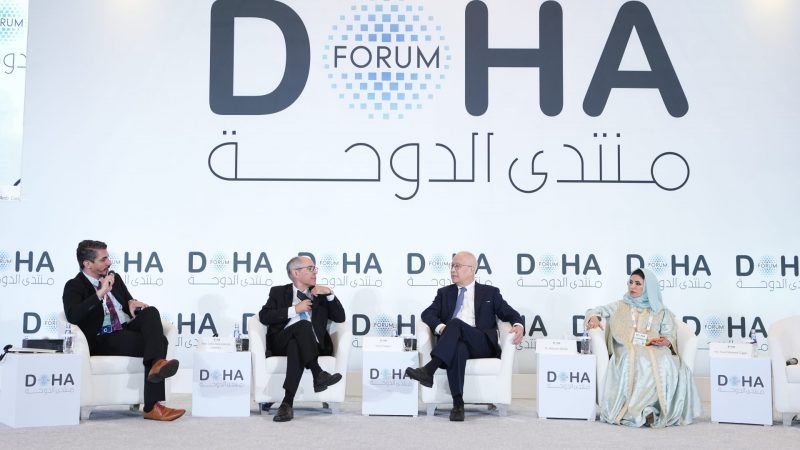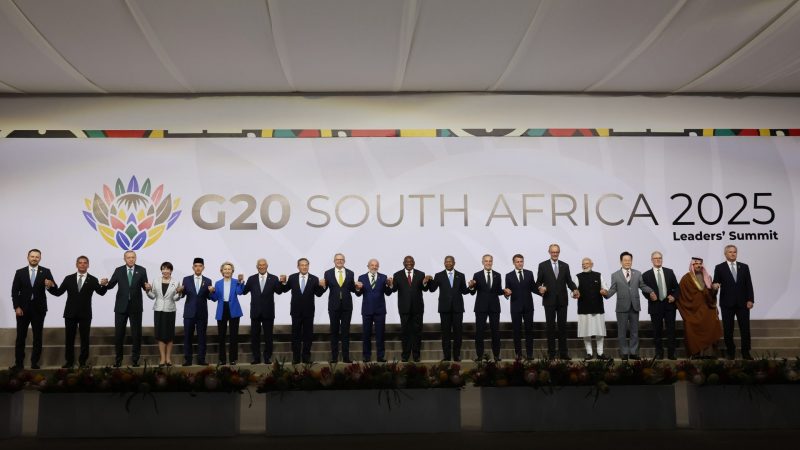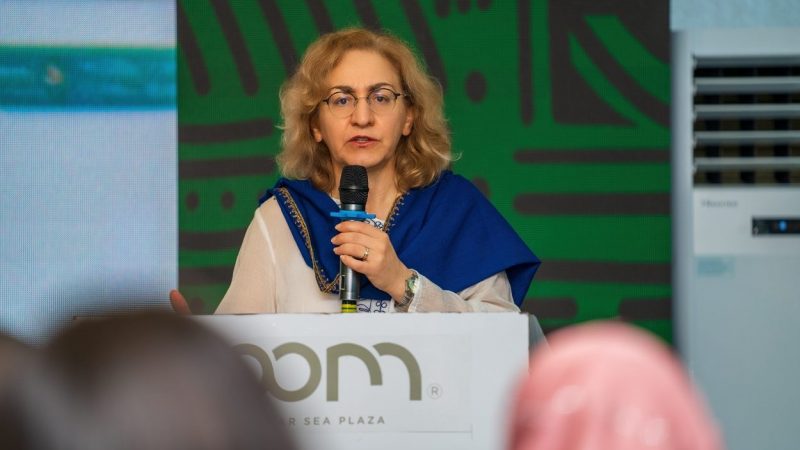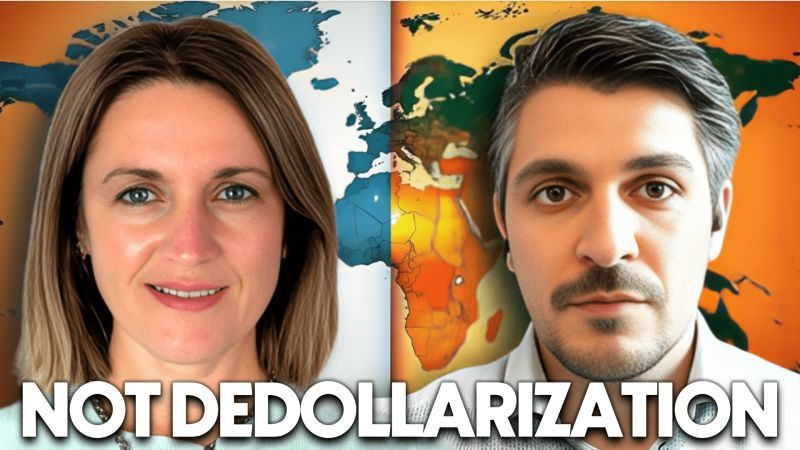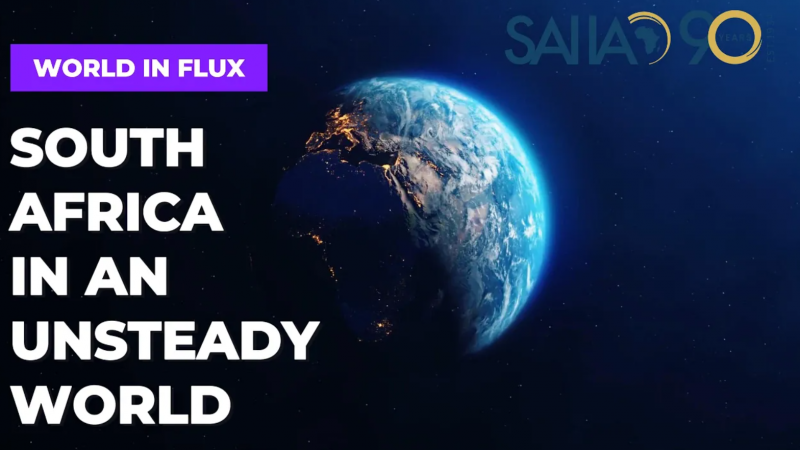Less than 10 years ago, they were the democratic hopefuls of international liberal order: Brazil, India, Indonesia, South Africa, and Turkey.
They were economically striving, aimed at improving social inclusion and broadening participation in democratic governance.
Many observers had hoped that – despite several shortcomings – they could be the new standard-bearers of multilateralism, promoting human rights, rule of law, and democracy worldwide and contribute to establishing a South-North partnership based on common norms and systems.
Today, many of these expectations have been sobered by autocratisation and foreign policy stances less inclined to cooperate internationally.
This roundtable with experts from these countries traces the commonalities and differences in political regression and nationalism, and considered the prospects for a positive turnaround and a revival of multilateralism.
Speakers:
Ted Piccone (Chair)
Chief Engagement Officer, World Justice Project
Elizabeth Sidiropoulos
Chief Executive, South African Institute of International Affairs (SAIIA)
Joseph Chinyong Liow
Tan Kah Kee Chair in Comparative and International Politics, Nanyang Technological University (NTU), Singapore
Seda Gürkan
Lecturer, Université Libre de Bruxelles, Department of Political Science
Oliver Della Costa Stuenkel
Associate Professor of International Relations, Getulio Vargas Foundation (FGV)
Constantino Xavier
Fellow in Foreign Policy Studies, Brookings India
Sabine Donner (Introduction)
Senior Expert, Bertelsmann Transformation Index, Bertelsmann Stiftung
Anthony Silberfeld (Moderator)
Director, Transatlantic Relations, Bertelsmann Foundation


